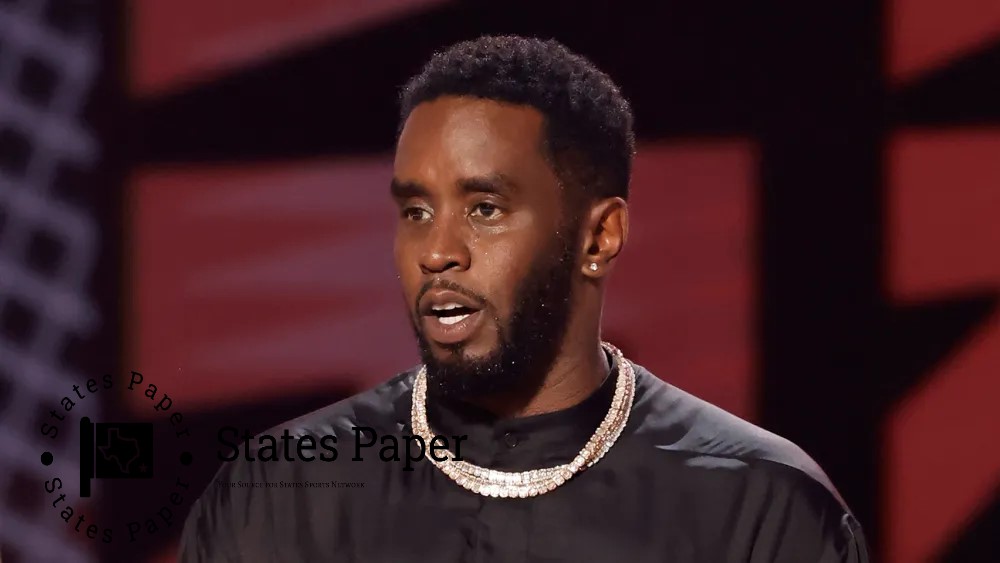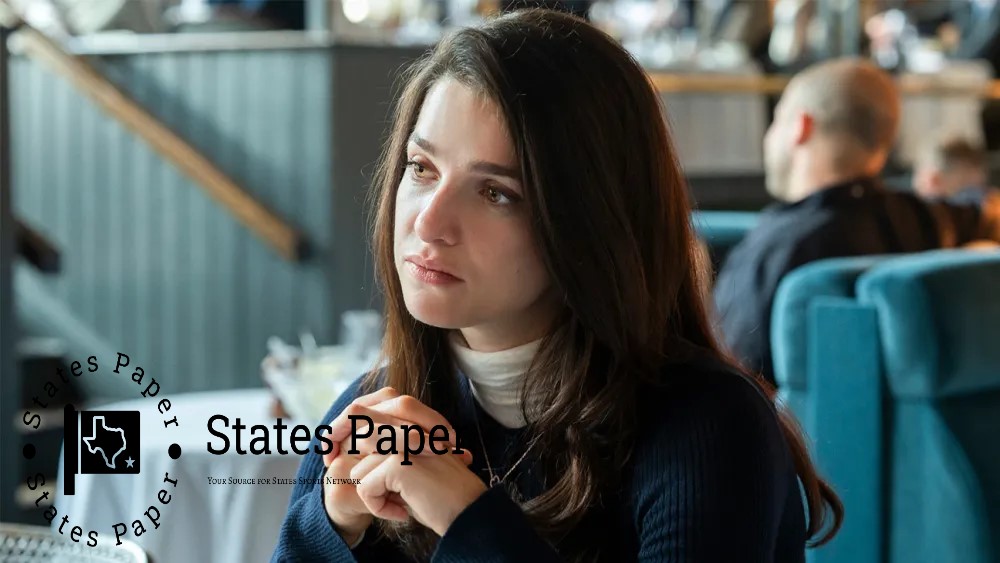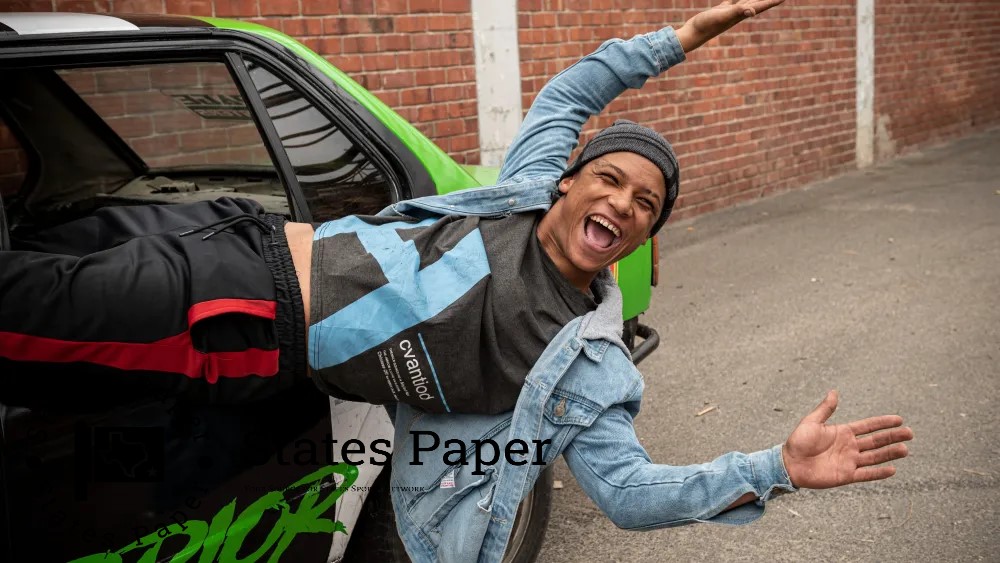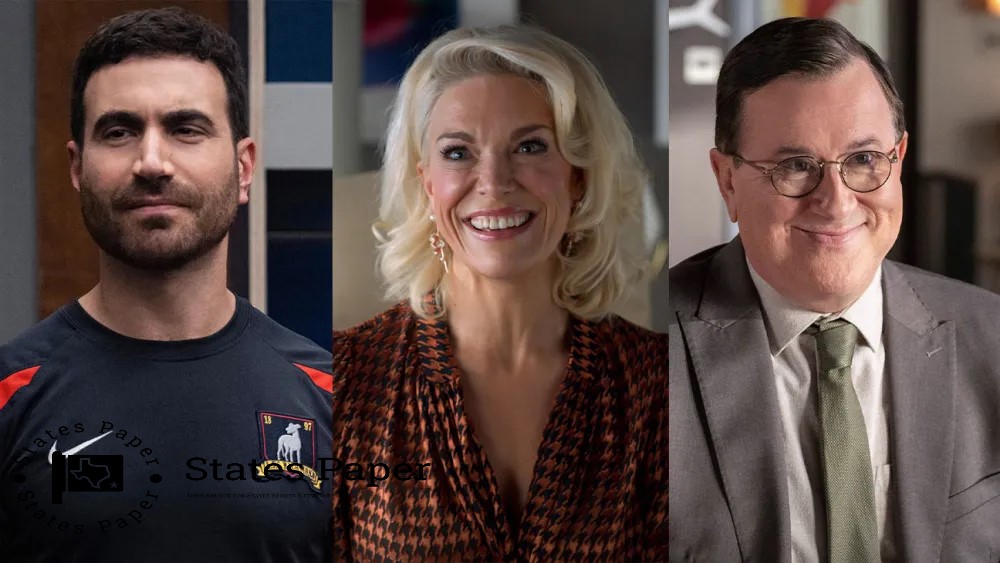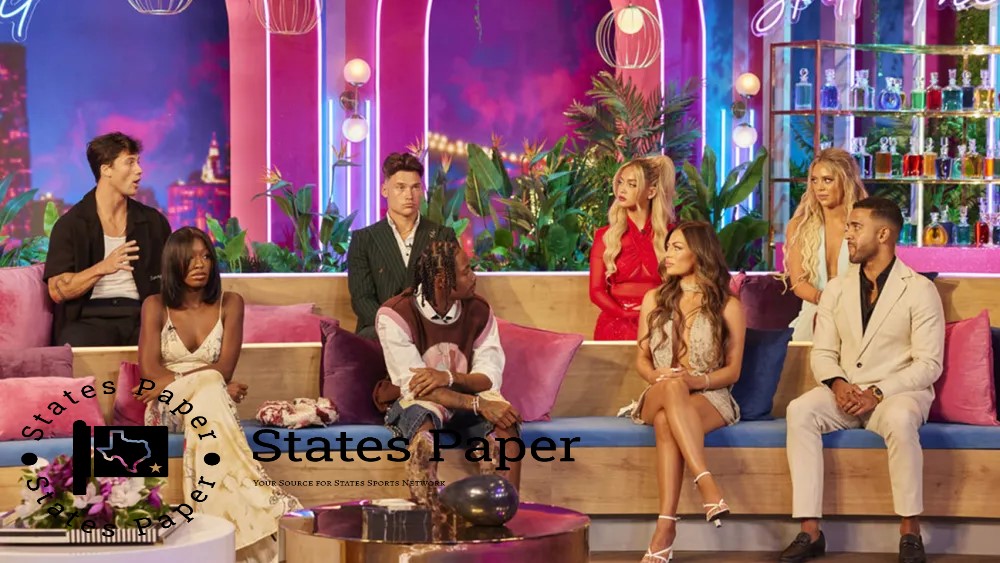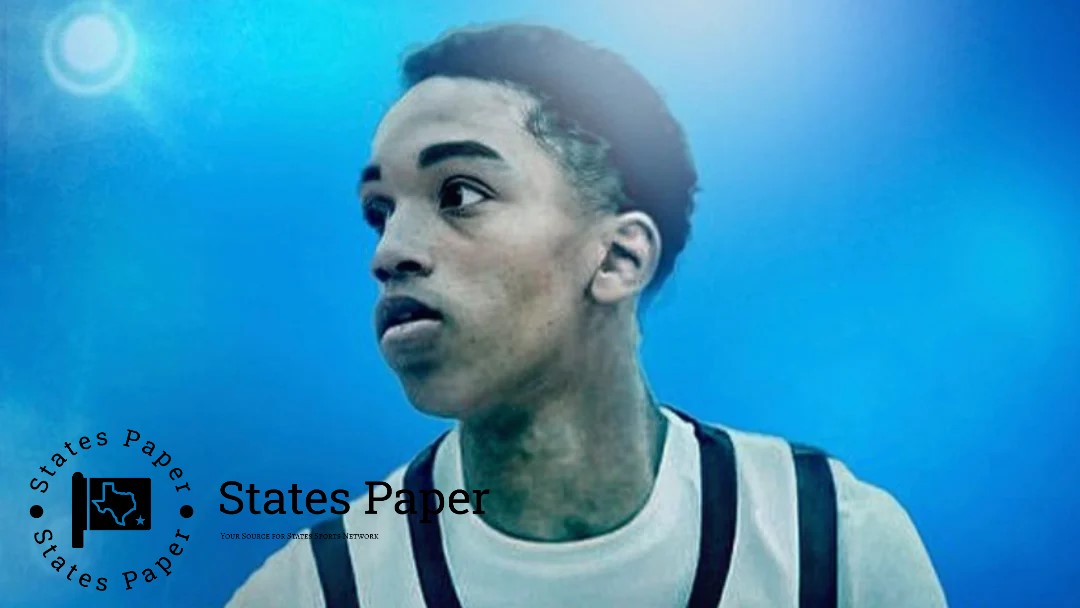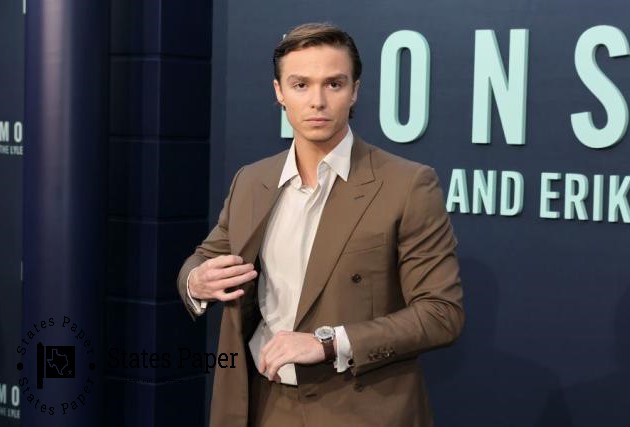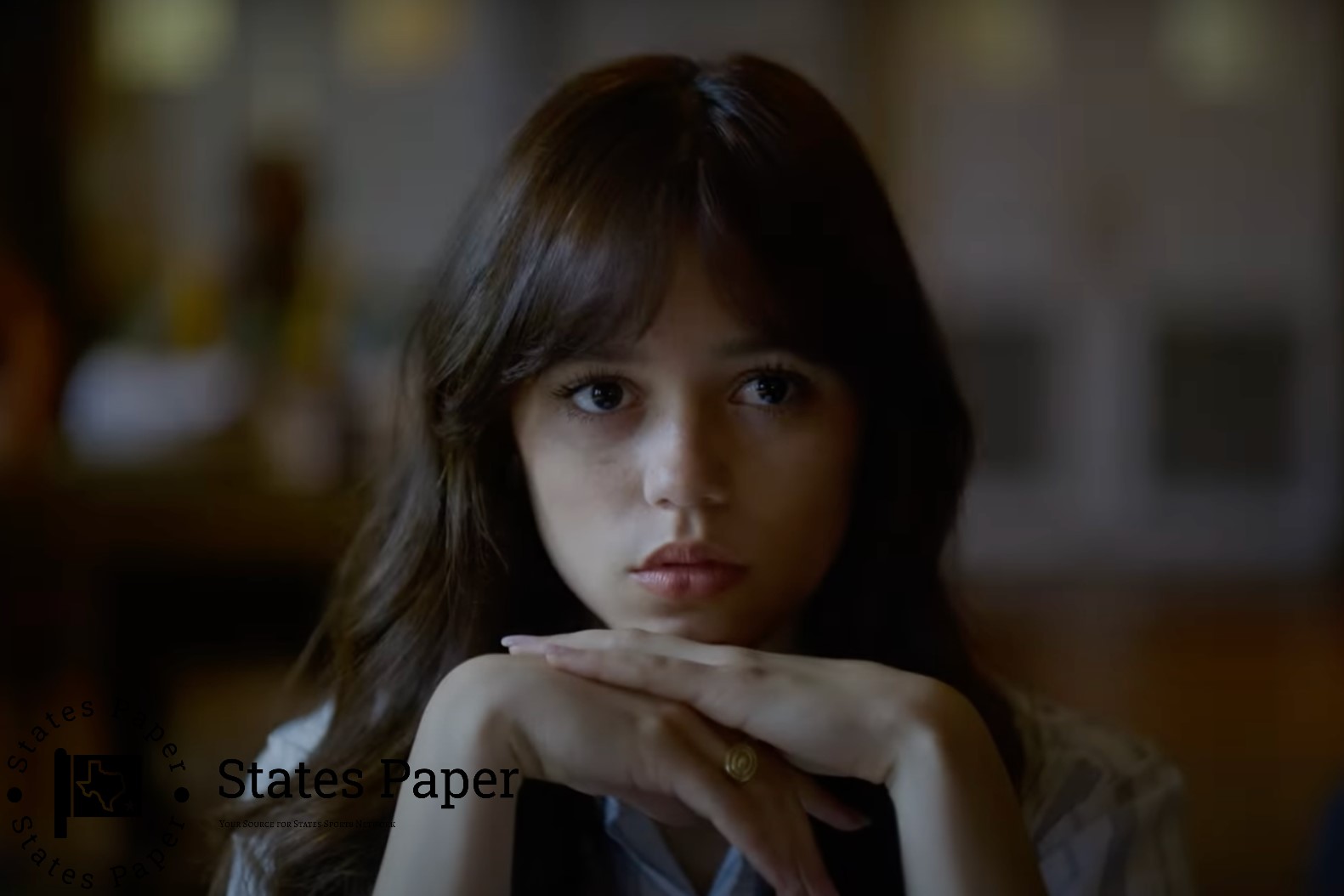The Boyfriend, Japanese Delightful Gay Dating Show

Analyzing the modern dating shows, one would hardly believe that the original reality shows about love were actually about love. From the latest seasons of The Bachelor and The Bachelorette to Love Is Blind, not to mention the more chaotic reality dating shows like Too Hot to Handle and Love Island, the goal of today’s dating shows appears to be to get its participants sponcon deals more than it is love. But there's a beacon of hope for us hopeless romantics: Netflix’s latest and quite enjoyable reality television show, The Boyfriend.
The Japanese series, which began airing in July, gathers nine queer men who have to live in a beach house called the Green Room and work together as baristas at the Brewtiful coffee truck. Unlike most reality shows, however, the matchmaking is not as in-your-face and dramatic (no tantric yoga workshops here!). While the show does incorporate tasks, many of them are focused on the development of the male cast members’ relationships with one another and are not presented as dates.
Just as importantly, and in a similar vein to another Japanese reality show phenomenon, the Real World knockoff Terrace House, The Boyfriend eliminated the fourth wall by having a group of celebrities to help viewers — and more frequently than not, offer the same deadpan analysis we were having ourselves. Megumi, Chiaki Horan, Thelma Aoyama, Durian Lollobrigida, and Yoshimi Tokui are the actresses who represented the audience of the action that took place, which was a funnier and less aggressive version of the discourse on reality shows on social media.
Finally, the numbers for The Boyfriend, which premiered its first season on Netflix, are self-explanatory. When the cameras finally turned off, two pairs of contestants left the show as strong couples: Dai and Shun, and Alan and Kazuto. However, besides the series making these men find love, it also challenges them and in some instances, forces them to change their lives. While Taeheon does not go home with a partner, he goes home with something arguably more valuable – the opportunity to tell his parents about his sexuality in person rather than have them learn about their son through a reality show.
To get there, the show doesn’t need large fights, no one needs to strip down to their underwear, and there is no need for the Love is Blind mainstay — the gold cups — present every time a participant drinks alcohol. It is not as if the contestants do not lead their normal lives and avoid situations that may lead to them getting intimate or drunk. Instead, the show lets these men get to know each other in a setting that, as fake as it may be, is as close to real life as the reality television genre will permit. Who would have thought?
All of these things would be a welcome change for the reality TV landscape in the good ol’ U. S. of A, where cynicism from the audience and clout-chasing by the participants have all but crushed the thought of real love. The Bachelorette and Love is Blind have produced progressively fewer couples and increasingly more fame seekers in the last few years, with the number of couples in Love is Blind decreasing in each season and the time it takes for the couples from The Bachelor or The Bachelorette to break up shrinking.
Several weeks ago, ABC broadcasted the episode of Celebrity Family Feud with the winners of The Golden Bachelorette couple. The only problem? Gerry Turner and Theresa Nist, who were engaged on the show and then married in a live broadcast called The Golden Wedding in January of this year, had been divorced for months by the time the episode was aired, their hasty marriage now frozen in the amber of game show reruns. Talk about awkward.
But a look at social media will reveal that at this stage, that is the norm for reality dating shows in America. People are not watching Love is Blind or The Bachelorette or even Too Hot to Handle for love. Instead, they're expecting D-R-A-M-A. And even when these shows do provide a couple, that couple is given the benefit of suspicion rather than the benefit of the doubt.
The Boyfriend’s American adaptation could be the remedy to the growing cynicism towards American reality television. It’s at least worth a shot in the still popular genre where audiences have no faith in the end result of basically every show that claims to be selling ‘love’. The Boyfriend, with its emphasis on empathy and kindness, feels like a much easier sell than another spin off of The Ultimatum or a new angle for Too Hot to Handle. We’ve seen it all; we are over Bad Lana already.
The Boyfriend is, of course, much harder to pull off in the U. S. than it was in Japan, especially after so many other reality TV shows have distorted what Americans have in their mind about the reality TV shows. Japan is not new to reality shows, but there is not as much skepticism about the shows, and finding nine people who are looking for a genuine relationship is much easier outside the United States But that does not mean Netflix should not attempt to recreate the magic of The Boyfriend with a US version.
Just go to some beach somewhere, pick nine queer men, provide them with a job that requires them to interact and you are done. Or, maybe, throw nine queer women and make the first version of The Girlfriend. Netflix could even attempt a genderless approach. All of those work. The point is that reality TV used to be more about the end product than the process that led to it. The Boyfriend made sure to remind us of that fact. Now it’s Netflix’s turn to seize the opportunity and give us the US version of the show that we — and American reality TV — deserve.

 Asif Reporter
Asif Reporter








